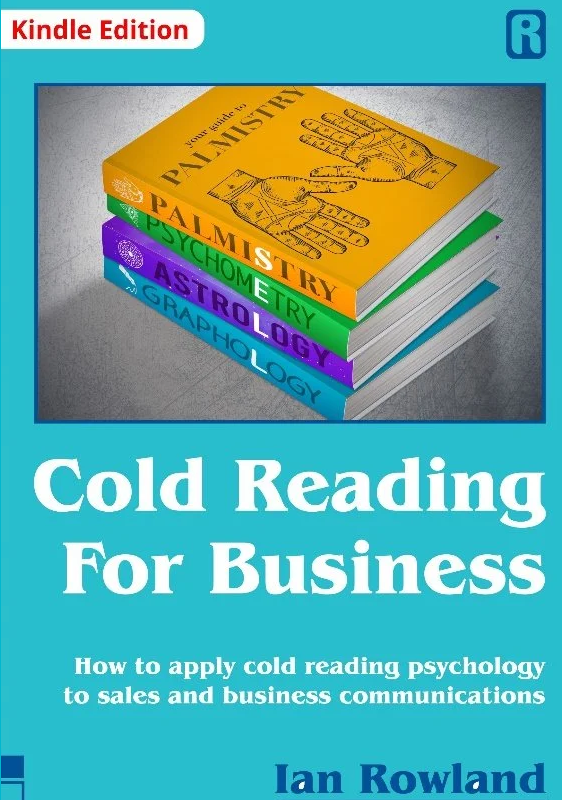Cold Reading Meaning: Understanding the Art of Psychological Insight
Cold Reading Meaning: Understanding the Art of Psychological Insight
If you’ve ever wondered how psychics, fortune tellers, or mentalists seem to know intimate details about strangers, you’ve brushed up against cold reading. But what is the true cold reading meaning? At its heart, cold reading isn’t about mystical power—it’s about psychology, observation, and communication.
In this guide, we’ll break down the cold reading meaning, explain how it works, and show why it continues to fascinate audiences and professionals alike.
The Basic Cold Reading Meaning
The simplest cold reading meaning is this: it’s a set of techniques designed to create the illusion of knowing personal details about someone without any prior information. Cold readers use language, probabilities, and cues from the other person to appear insightful.
This is why the cold reading meaning is often misunderstood. Many assume it involves psychic powers. In reality, it’s a skill built on psychology and human behaviour.
Why Cold Reading Meaning Matters
Understanding the cold reading meaning is important for two reasons:
Protection – It helps people recognise when someone is using these techniques to pose as a psychic.
Practical use – It offers tools for communication, rapport-building, and even entertainment.
By studying the cold reading meaning, you gain both awareness and practical skills.
How Cold Reading Works
To grasp the cold reading meaning fully, you need to understand the mechanics. Cold readers use a blend of general statements, careful observation, and feedback loops.
For example:
They might make a vague but flattering statement such as, “You sometimes doubt yourself, but you know you’re capable of great things.”
They observe body language, facial expressions, and tone of voice.
They refine their statements based on subtle cues.
Together, these elements form the practical side of the cold reading meaning.
Classic Techniques That Define the Cold Reading Meaning
When people ask about the cold reading meaning, it’s best to illustrate with examples. Here are some of the classic techniques:
Barnum Statements – General but relatable phrases that apply to almost everyone.
Rainbow Ruse – Attributing opposite qualities, e.g., “You’re confident but sometimes insecure.”
Jacques Statement – Suggesting someone feels unrecognised or undervalued.
Shotgunning – Throwing out several possibilities until one resonates.
Fishing – Asking leading questions disguised as statements.
These methods are central to the cold reading meaning and explain why the practice is so convincing.
The Psychology Behind Cold Reading Meaning
The effectiveness of cold reading comes from well-known psychological tendencies:
The Barnum Effect – People see vague statements as highly personal.
Confirmation Bias – People remember accurate-sounding details and ignore errors.
Desire for Connection – People want to feel understood, so they help the reader succeed.
These psychological principles are inseparable from the cold reading meaning.
Everyday Uses of Cold Reading
Once you understand the cold reading meaning, you’ll notice it outside psychic settings. Salespeople, coaches, and even politicians use similar techniques to connect with their audience. For example, a leader might say, “I know you’ve faced challenges, but your resilience always shines through.” That’s a perfect illustration of the cold reading meaning in action.
How to Learn Cold Reading
If you’re curious about cold reading meaning in a practical sense, start by practising:
Try Barnum statements in conversation and see how people respond.
Pay close attention to body language and tone.
Experiment with phrasing like “I sense…” or “You sometimes…” to stay flexible.
This hands-on practice deepens your understanding of the cold reading meaning and builds confidence.
Ethical Considerations
When discussing the cold reading meaning, it’s vital to stress ethics. Cold reading can be entertaining, educational, and useful in communication. However, it can also be misused to exploit people who believe in psychic powers.
The responsible approach is to use your understanding of the cold reading meaning for connection, empathy, or performance—not deception.
So, what is the true cold reading meaning? It’s not magic, and it’s not mystery. It’s the skilled use of language, psychology, and observation to create the impression of insight.
By learning the cold reading meaning, you not only protect yourself from being fooled, but also gain a powerful set of tools to connect with others, entertain, and sharpen your communication skills.
In the end, the cold reading meaning is less about trickery and more about understanding people. That’s why it remains one of the most fascinating communication skills in the world.





